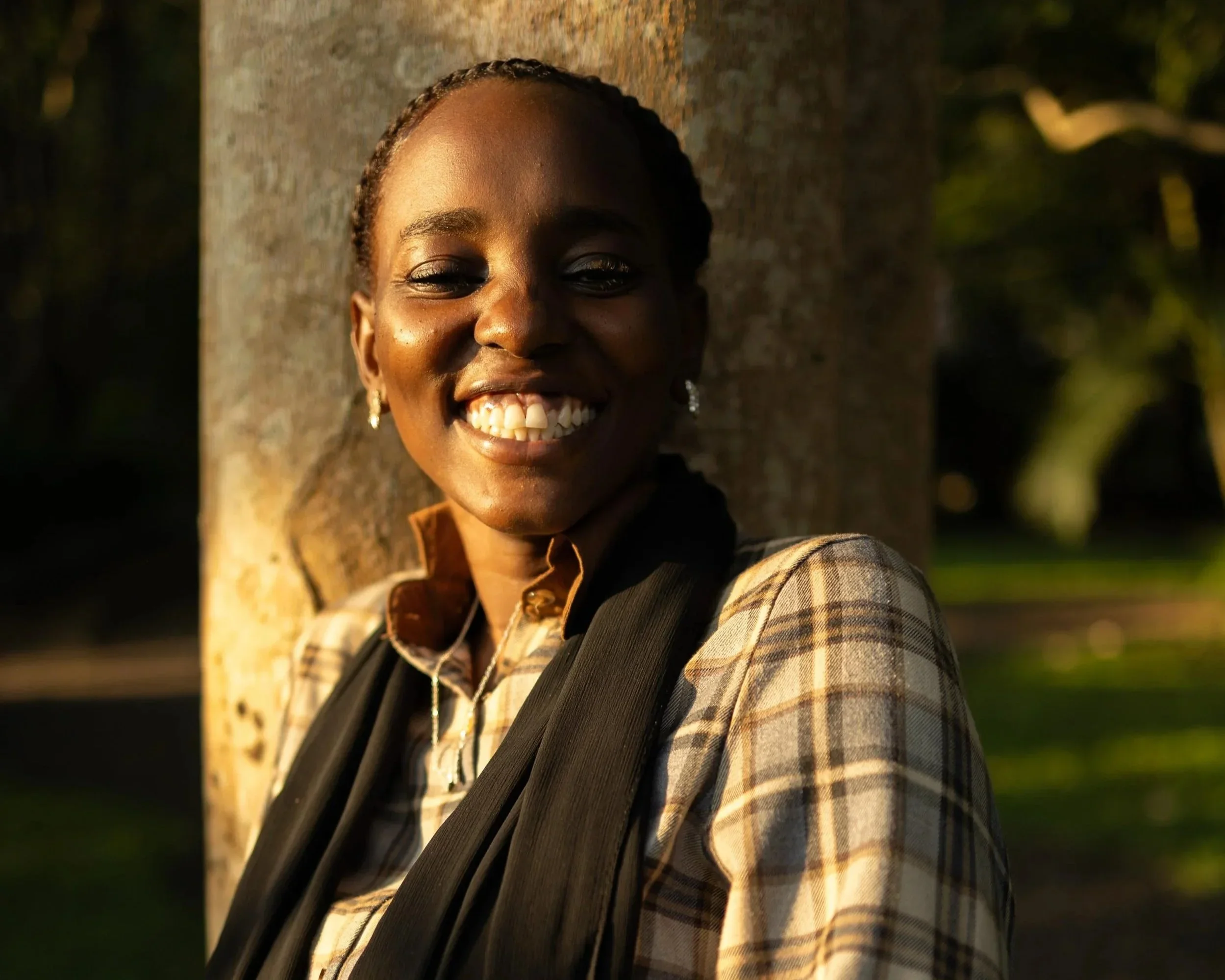Accelerated Secondary Education Programme (ASEP) in South Sudan
Conflict, natural disasters, forced displacement of communities, pandemics, gender-based violence: all are long term disruptors to education that can lead to children never returning to school. Our Accelerated Secondary Education Programme (ASEP) ensures that everyone can receive an education, no matter their age or the reason for disruption.
About the project
Education catch-up programmes have become increasingly common in response to Covid-19 related school closures. However, many of these are based on the assumption that closures only impact on children who are of a school-returning age. For older children who no longer intend to return to school, or for those whose education has been disrupted for so long that it would be inappropriate for them to return to a classroom with children, a different approach is needed.
WTI’s Accelerated Secondary Education Programme (ASEP) offers learners the opportunity to complete their education without the need to re-enter conventional schooling. Collaborating with the South Sudan Ministry of General Education and Instruction, our programme delivers the secondary curriculum in just two and a half years with 46 weeks of learning each year and 20 contact hours per week. Taking advantage of fewer holidays, and adult learners’ ability to learn more efficiently, we are able to complete the National Competency-Based Curriculum with the same learning outcomes and content in a shorter time than conventional schooling.
Our flagship ASEP programme has been so successful - to date, allowing 2,300 men and women to complete their secondary education across South Sudan, with more programmes rolling out this year - that it was a finalist for the International Aid and Development award at the prestigious Charity Awards in July 2025. WTI didn’t win, but to be one of three finalists (one of the others was Oxfam, who won), just highlights not only our innovation in the sector but the recognisable impact ASEP has had on South Sudan’s youth, as well.
ASEP Learners
ASEP means that completing secondary school in South Sudan is no longer out of reach for those beyond schooling age. In particular, we target two groups:
Young women who have dropped out of school: Our students may have dropped out for reasons such as forced marriage, early and/or unwanted pregnancy, conflict, family poverty and the need to work, or school closures. ASEP gives them the chance to return, including the provision of childcare facilities for mothers.
Untrained primary school teachers: Many primary school teachers in South Sudan have completed their own primary schooling but dropped out of secondary school. Without Secondary School Leaving Certificates, they are ineligible for further training or support such as teaching qualifications, and thus remain poorly paid and untrained. ASEP allows them to complete their secondary education and beyond, improving their own capacities, and also enhancing the education of their students.
You can find out more about ASEP and the impact it has on learners in South Sudan by watching the video below.
How do our projects make a difference?
Projects like ASEP contribute to increasing access to, and the quality of, education for conflict-affected communities in eastern Africa and the Horn of Africa. Find out how this makes a difference below:








